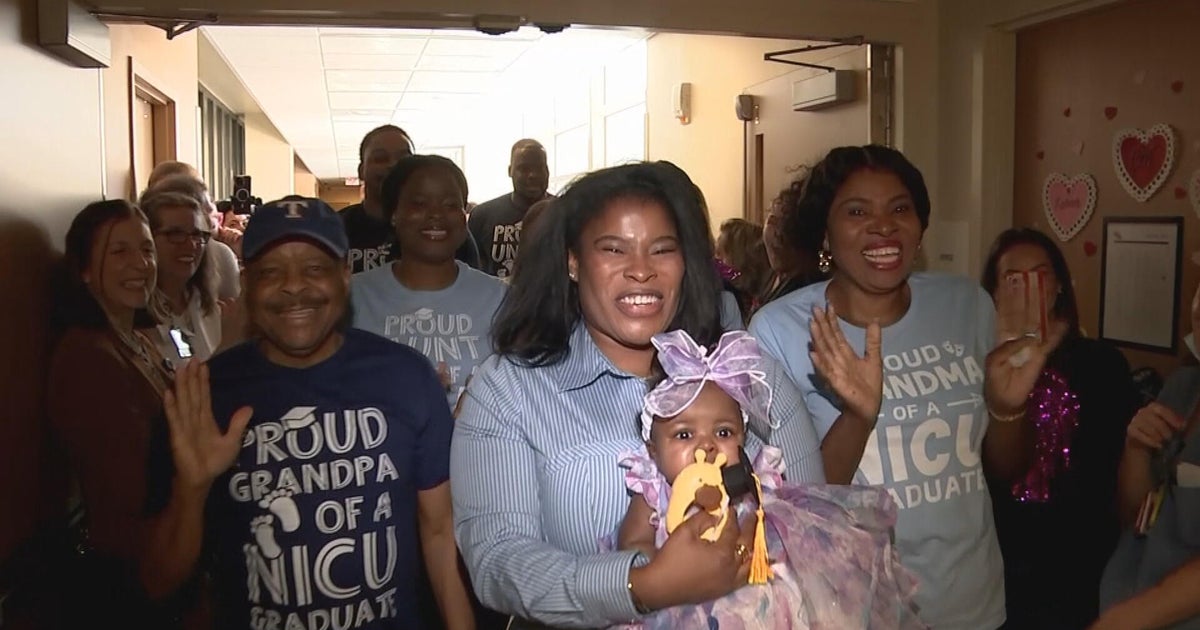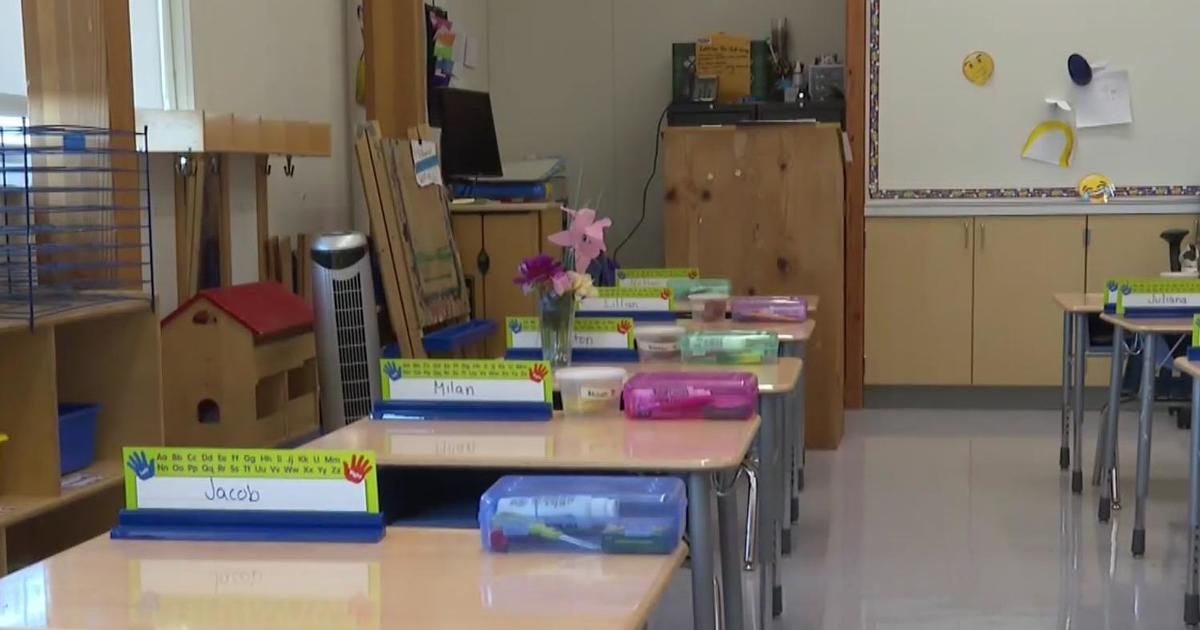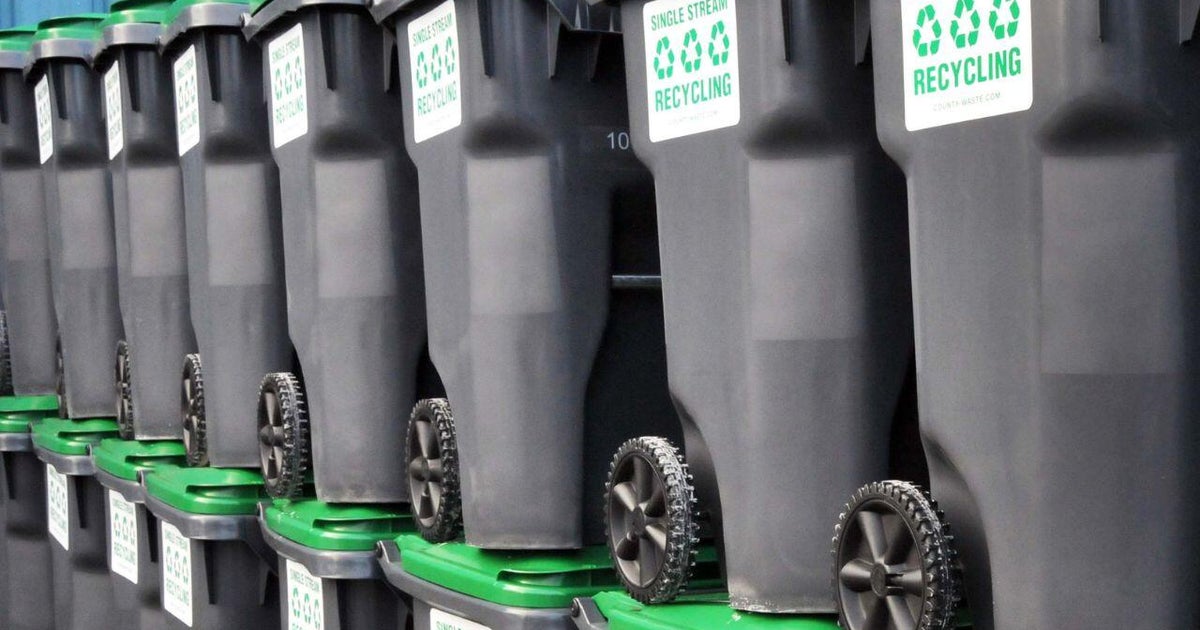New program aims to train Alzheimer's caregivers with VR
SANTA CLARA - A group of students and faculty from Santa Clara University is trying to make a difference for those caring for people living with Alzheimer's and dementia.
With support from a grant from the Richard and Maude Ferry Foundation in Seattle, they've created a virtual reality training program, designed to help train caregivers, with goals such as increasing empathy, decreasing stress, and improving quality of care.
"We're really just trying to evolve the training and the way that people can interact - with a new level of technology," said Dr. Sheila Yuter, a Santa Clara University professor.
The participant goes through several simulations of real-life scenarios where a person with Alzheimer's becomes agitated, confused, or aggressive during the sundowning phase of the disease. The participant decides how to respond and then experiences the different outcomes.
"It's something that gives them a new way of learning how to cope with their day to day lives, how to work with difficult days that they have with their loved ones that they take care of," Yuter said.
The team recently tested out the training at Hearts and Minds, a senior care center in San Jose.
Jess Guy, who is his wife's primary caregiver, went through the VR training.
"Why am I here? Because I love my wife," he said. "It reinforced what I think is the right thing to do, which at least on this, it appeared to be the right thing to do. So, I really appreciated that."
It can be a challenge to care for someone with cognitive decline and can take a serious toll on caregivers at times. But Guy says there's a line of thinking that really helps put everything in perspective.
"It's the same person who has the disease. It's the disease that causes issues, not the person. That way, you can relate to the person and hate the disease," he said. "I can take in what she's saying or what she's not saying, and just accept it. Like I said before, it's not the person - it's the disease. If you can separate them, you're okay."
To Guy, every day is a new educational experience. Whether through VR or a simple afternoon together, he'll continue to learn and enjoy every moment with his wife.
"Nothing stops me from smiling. It's engrained in you, if you adopt the attitude," he said.
Over the next several months, the SCU team plans to demonstrate the project at support facilities and with others who are caretakers for those suffering from cognitive decline. They hope to have the final project live in the field with caregivers in early 2024.







